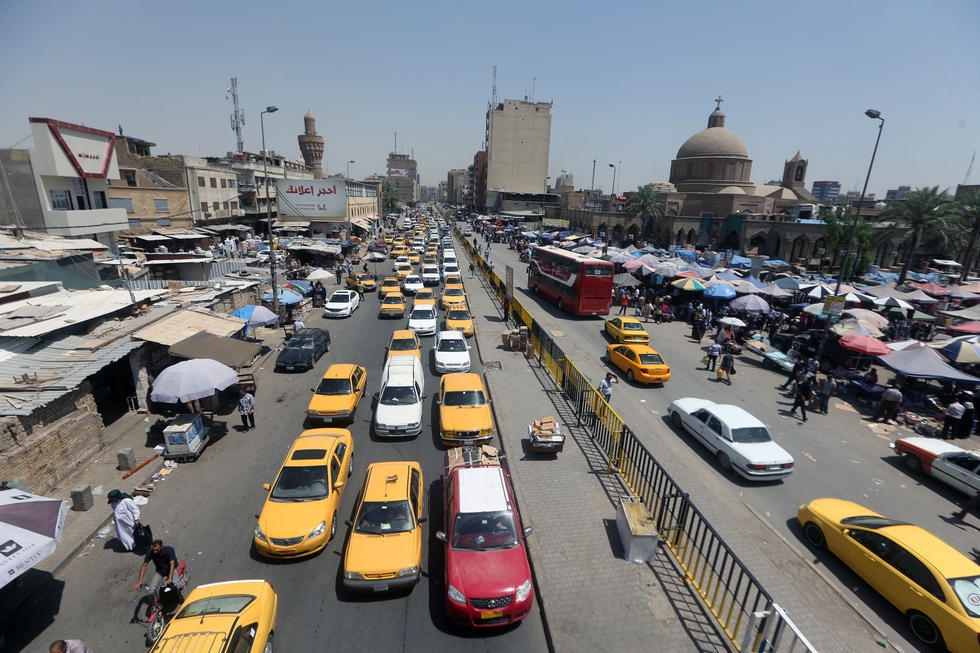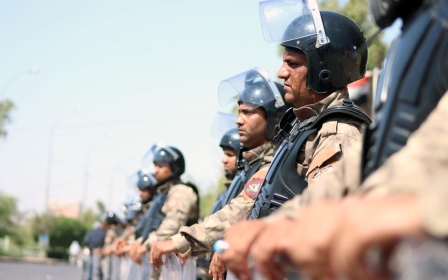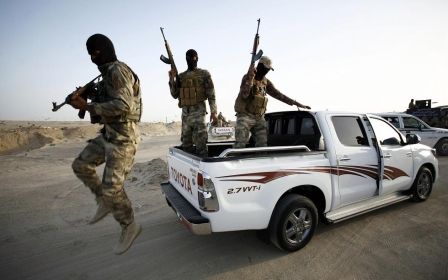At least 8 accidentally killed as Iraqi air force drops bomb in Baghdad

At least eight people have been killed and 17 others injured in Baghdad after a bomb fell from an Iraqi airforce plane following a "technical problem".
"One of the bombs became stuck because of a technical problem, and during its (the aircraft's) return to base it fell on three houses in Baghdad Jadida," security spokesman Brigadier General Saad Maan said in a statement.
The Sukhoi Su-25 jet was coming back from a bombing run when the accident occurred near the Rasheed air base, Maan said.
Iraq received Sukhoi Su-25 jets from Russia and Iran last year as it sought to bolster its fledgling air force to combat the Islamic State (IS) group, which overran large parts of the country.
The Su-25s are robust aircraft designed for ground attack missions, but Iraq's Sukhoi fleet is made up of ageing planes that have seen heavy use as Baghdad's forces battle to push IS back.
The US agreed to sell Iraq 36 F-16 warplanes, but none have been delivered so far.
The first batch of the jets has instead been sent to Arizona, where Iraqi F-16 pilots are training.
One of the pilots, Brigadier Rasid Mohammed Sadiq, was killed in a crash during an aerial refuelling exercise at the end of June.
At the time, one Iraqi MP - Ali al-Adib head of the parliamentary bloc of the State of Law coalition - claimed that the crash had been engineered by the US to send a message to the Iraqi airforce.
"The F-16 aircraft crash... is not merely a simple military accident but is an American message saying that Iraqi pilots are not qualified for such a type of aircraft," he was quoted as saying by the National Iraqi News Agency.
New MEE newsletter: Jerusalem Dispatch
Sign up to get the latest insights and analysis on Israel-Palestine, alongside Turkey Unpacked and other MEE newsletters
Middle East Eye delivers independent and unrivalled coverage and analysis of the Middle East, North Africa and beyond. To learn more about republishing this content and the associated fees, please fill out this form. More about MEE can be found here.




